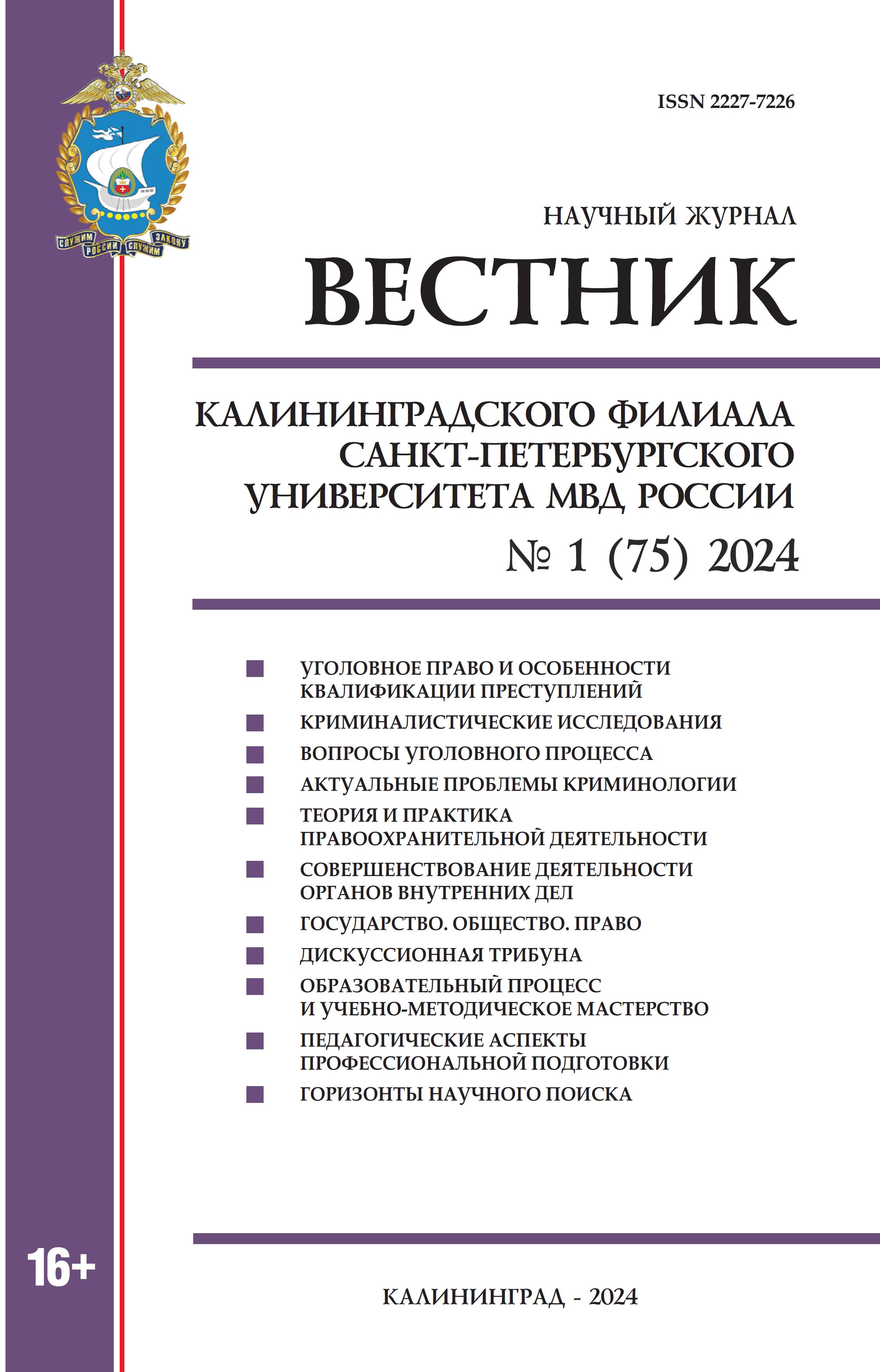Rostov-on-Don, Rostov-on-Don, Russian Federation
Introduction.The current Russian environmental laws regulate various aspects of the interaction between nature and society, including the prevention of negative environmental impacts, economic regulation of environmental protection, issues of responsibility for environmental offenses, etc. Analyzing these norms, representatives of the ecological and legal science of Russia explore gaps and conflicts of legislation, identify trends and prospects of judicial practice in specific categories of cases, consider the powers of federal authorities, environmental management bodies of the subjects of the Russian Federation and local self-government bodies. However, this approach leaves unanswered a number of important questions about the means by which to determine the degree of effectiveness of legal environmental protection, the attitude of the population and representatives of public authorities to the quality of legal norms on environmental protection. The article attempts to answer this and other similar questions by researching the rule of law. Methods.When writing the article, various methods of cognition were used: dialectical, statistical, analytical method, survey in the form of a questionnaire. The research material was normative legal acts, statistical information, as well as scientific works by authors studying the problems of ensuring environmental law and order in the Russian Federation. Results. The structure of environmental law and order, types and forms of its manifestation, and its place in the system of ecological and legal categories are substantiated. The necessity of using this legal structure lies in the fact that it shows the degree of effectiveness of environmental legislation, makes it possible to evaluate the activities of executive and judicial authorities. The conclusion is documented that along with quantitative (statistical) methods of evaluating effectiveness, it is necessary to apply sociological methods, ranging from interviewing experts in the field of environmental protection to elucidating the opinions of the population of towns and villages on topical environmental issues. This will improve the feedback between authorities and citizens, and make the assessment of the work of authorities more objective.
Environmental law and order, law, court, authority, sociology, termin, opinion, public, science, problem, method.








